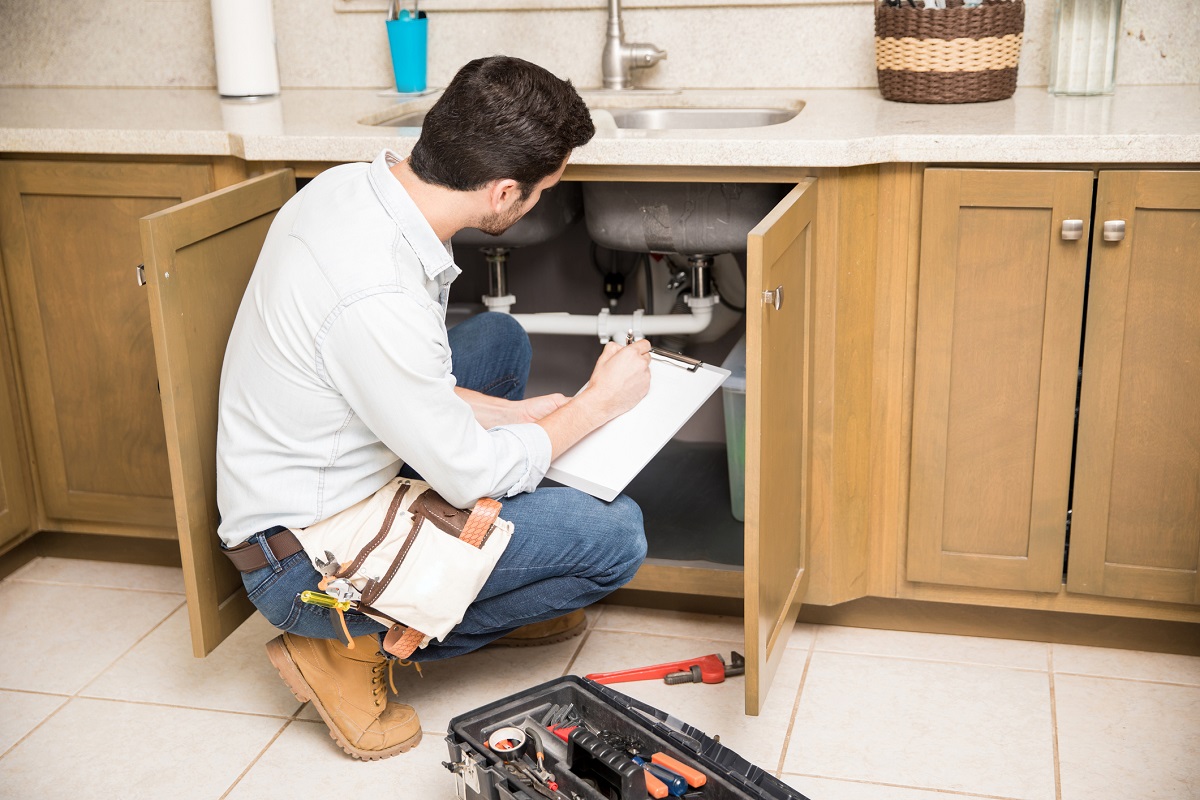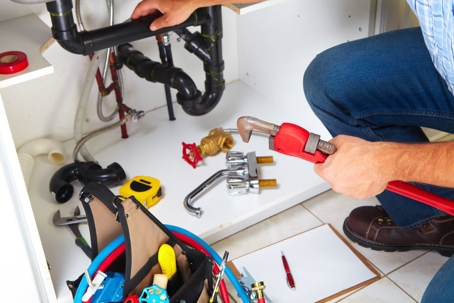How Often Should You Inspect Your Home Plumbing?
As a homeowner, maintaining a safe and functional living environment is crucial. Plumbing systems are an essential part of your home’s infrastructure, and regular maintenance is key to preventing costly repairs and avoiding potential disasters. But how often should you inspect your home plumbing? Let’s explore why plumbing inspections are vital, what to look for during inspections, and how often you should conduct these checks.

The Importance of Plumbing Inspections
Plumbing issues can sometimes go unnoticed until it’s too late. From hidden leaks that waste water to clogged pipes that cause significant water damage, plumbing problems can escalate quickly. Regular plumbing inspections help you catch these problems early, which can save you a lot of money and stress in the long run. Additionally, regular inspections can prolong the lifespan of your plumbing system, keeping your home comfortable and safe.
Here are some of the main reasons why you should conduct routine plumbing inspections:
Early Detection of Leaks: Leaky pipes and fixtures can cause significant water damage, not only to the plumbing system itself but to the structure of your home. A small, unnoticed leak can lead to mold growth and costly repairs.
Prevention of Clogs: Over time, pipes can become clogged with grease, hair, soap scum, and debris. Regular inspections allow you to identify these problems before they cause blockages that could disrupt your daily life.
Save on Water Bills: Plumbing leaks, even small ones, can lead to high water bills. Detecting and fixing leaks promptly can help you save on water costs.
Improve System Efficiency: An efficient plumbing system ensures that water flows smoothly through your home. Regular inspections ensure that your pipes, water heater, and other plumbing components are functioning properly.
Avoid Major Disasters: A burst pipe or significant plumbing failure can cause massive damage to your home. Regular inspections reduce the risk of such catastrophic events by addressing issues before they escalate.
How Often Should You Inspect Your Plumbing?
The frequency of plumbing inspections depends on various factors, such as the age of your home, the condition of your plumbing system, and whether you’ve experienced issues in the past. However, there are general guidelines that can help determine how often to inspect your plumbing system.
Annual Inspections: For most homeowners, an annual plumbing inspection is a good rule of thumb. This annual check-up should include a thorough review of your entire plumbing system. A licensed plumber can inspect all visible pipes, faucets, and fixtures, checking for leaks, signs of wear, and other potential problems.
Older Homes: If you live in an older home, you should schedule plumbing inspections more frequently—at least once every 6 to 12 months. Older plumbing systems, especially those with galvanized pipes or other outdated materials, are more prone to corrosion, leaks, and blockages.
After Major Weather Events: After heavy rains, floods, or extreme temperatures, you should inspect your plumbing system. These events can put additional stress on your pipes, and it’s important to check for any visible damage or blockages.
If You Experience Plumbing Issues: If you notice unusual sounds from your pipes, low water pressure, slow drains, or any other plumbing problems, don’t wait for your next scheduled inspection. Call a professional plumber to inspect your system and address the issue.
What to Look for During a Plumbing Inspection
Whether you’re doing the inspection yourself or hiring a professional plumber, there are several things to look for when inspecting your plumbing system. Here are some key things to check:
 Leaky Pipes: Check for signs of water stains or mold on walls, ceilings, or floors, as these can indicate a leaky pipe. Even small leaks can waste a lot of water, so they should be addressed immediately.
Leaky Pipes: Check for signs of water stains or mold on walls, ceilings, or floors, as these can indicate a leaky pipe. Even small leaks can waste a lot of water, so they should be addressed immediately.
Water Pressure: Test the water pressure in various areas of your home. Low water pressure could indicate clogged pipes or a malfunctioning water valve.
Clogs and Slow Drains: Check your sinks, showers, and tubs for signs of slow drainage. Standing water can be a sign of a clog or blockage deep within your plumbing system.
Pipe Corrosion: If your pipes are made of metal, check for signs of rust or corrosion. Corroded pipes can leak or burst if not repaired or replaced.
Water Heater Condition: Inspect your water heater for any signs of leaks or rust. Make sure the temperature is set at a safe level (around 120°F) to avoid scalding and energy waste.
Toilet Functionality: Ensure your toilet is flushing properly and check for any leaks around the base. A constantly running toilet can waste a significant amount of water.
Sewer System: If you have access to a cleanout valve, check it for any signs of blockage or backflow. If you notice foul odors or slow drains, this could be a sign of a sewer line issue.
Fixture Condition: Inspect all faucets, showerheads, and other fixtures for leaks or mineral buildup. Cleaning them can improve water flow and efficiency.
How to Maintain Your Plumbing System
Regular inspections are just one part of maintaining your plumbing system. Here are some additional tips to keep your plumbing in top shape:
Avoid Pouring Grease Down the Drain: Grease and oil can harden in your pipes, leading to clogs. Instead, dispose of grease in a separate container.
Use Drain Screens: Install screens in your sinks and showers to catch hair and debris before they go down the drain.
Flush Your Water Heater Regularly: Sediment buildup can reduce the efficiency of your water heater. Flushing it once a year can help it run more efficiently.
Fix Small Problems Immediately: If you notice minor plumbing issues, such as a small drip or slow drain, address them right away to prevent bigger problems from developing.
Regular plumbing inspections are a vital part of home maintenance. While the frequency of inspections depends on your home’s age and condition, aiming for an annual inspection is a great starting point. Whether you do it yourself or hire a professional plumber, keeping an eye on your plumbing system can help you avoid costly repairs and ensure that your home remains safe and comfortable. So, don’t wait for a plumbing emergency—take action today to protect your home and your wallet!